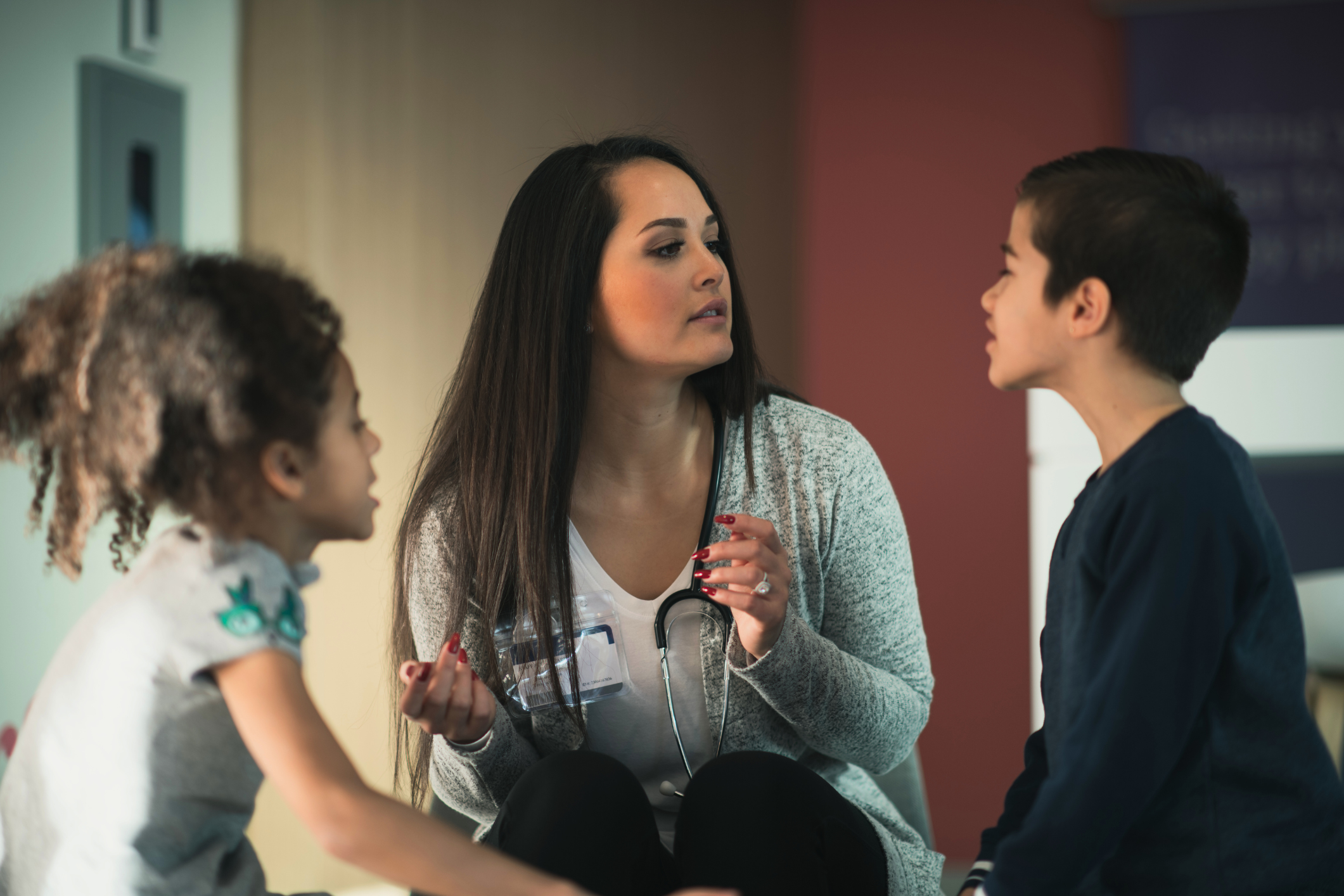By Irina B. Grafova, Pamela B. de Cordova, Jennifer Polakowski, and Jessica Anderson
School nurses are responsible for student health and well-being. We piloted our survey among a sample of school nurses and found that when it comes to their own emotional well-being, they have few outlets available.
A school nurse is typically the only healthcare provider for students, staff, teachers, and administrators. Unlike nurses who work in the acute care setting, school nurses often work alone and do not have the opportunity to debrief after critical incidents. Virtual Schwartz Rounds (VSR) are forums for connecting with nursing colleagues facing challenging experiences while trying to care for themselves and others. VSR sessions are opportunities for school nurses to connect with one another about difficult or uplifting experiences, to offer and to receive support, and to decrease a sense of isolation especially when the school nurses work solo. Therefore, school nurses can effectively benefit from VSR as they may not have opportunities to debrief as other nursing specialties.
On April 14, we delivered our most recent VSR session that gathered school nurses to discuss and share strategies for effectively advocating for student health and well-being with school administration. This VSR session allowed us the opportunity to pilot our survey which explores access to emotional support programs. Out of 31 nurses who attended the VSR session, 11 responded to the survey.
Alarmingly, and aligned with our hypothesis that school nurses work alone, only three nurses reported having access to workplace emotional assistance programs. Instead, the majority of school nurses relied on informal conversations with friends and colleagues, as well as physical self-care practices like walking or exercising, to support their emotional well-being. Religious or spiritual groups emerged as another common source of support.
Conversely, online nursing communities, support groups, and helplines such as Nurse 2 Nurse Peer Support (N2NPS) were among the least utilized resources, underscoring the need for tailored solutions that resonate with the unique challenges faced by school nurses.
While our findings are preliminary, they indicate the need for improved access to emotional support programs especially for school nurses. As we continue to gather data from nurse participants of VSRs, we hope to understand the level of equity in accessing emotional support programs for all nurse specialties.

